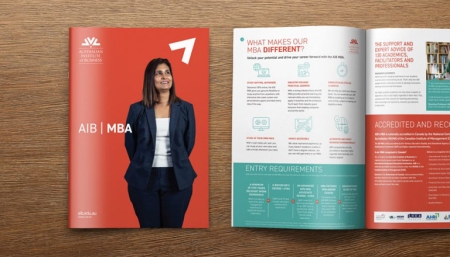8 tips for giving yourself a performance review

Does your employer require you to write a review of your own job performance? Employee self-reviews are increasingly popular these days, but how can you honestly assess yourself in a way that’s likely to influence your boss? Completing a self-assessment may sound easier than it really is. Knowing what to say and how to say it can make the difference between a meaningful review and one that fails to enhance your career. Here are eight tips to help you to write a performance self-review that will make a difference.
1. Highlight the highlights
Don’t be shy about letting your boss know how you have shone during the review period. This is the time to boast with grace and diplomacy, but without putting any of your colleagues down. Don’t worry about modesty here; this is your opportunity to toot your own horn and loudly.
2. Don’t forget about achievements made early on in the performance review period
Your boss cannot possibly remember all of your projects and your participation. Go back over documents and emails to help you remember your earlier accomplishments.
3. Don’t be stuffy
One of the benefits of a self-review is its tendency to lead to constructive dialogue between you and your supervisor. Try to write in a conversational style, one that is as natural as the verbal back-and-forth that will hopefully follow the completion of the self-review.
4. Solicit feedback from coworkers
Consider asking your colleagues what they think of your performance. Be careful, of course, to avoid platitudes, overly critical comments, and any other remarks that could take away from, rather than enhance, your self-review.
5. Be objective
It’s awfully tempting to give yourself high marks across the board, but it’s a little unlikely that you’ve done everything absolutely right. Instead of evaluating yourself based on how you would have liked to perform, quantify results as much as possible by using facts, figures and specific dates. The more you can point to the tangible benefits you offer the company, the more invaluable you will appear. Ask yourself some specific questions: What difference did my efforts make to the bottom line? What did I do to contribute to excellent customer service? Did my efforts make a dent toward furthering the company’s goals? Did I take a leadership role when the opportunity arose?
6. Use appropriate language
Choose words that demonstrate some objectivity and distance. Yes, you’re writing about yourself, but you can still stand back and offer a little perspective. For example, instead of mentioning your sparkling personality, comment on your ability to get along well with others. Rather than saying how much you like your job, include the ways that you have grown and improved during the review period.
7. Suggest specific improvements
The self-review is a good opportunity to raise specific ways to improve your performance. Don’t be afraid to come up with ideas to help you do your job more effectively. Making suggestions like this is not the same as holding something up as a weakness. Indeed, it is a mark of strength and professional maturity for employees to identify ways they can improve.
8. Write more than one draft
The self-review will become part of your permanent employment record. Make certain you are thorough and professional in your approach and language.
What do you think?
Self-reviews are a popular way for employees to offer their own analysis of their strengths and weaknesses in the context of a formal performance review. How has your self-review helped boost your career? I’m interested to learn about the dos and don’ts for making self-reviews meaningful. Comment your views below and join the conversation.
This article was written by Jelena Milutinovic on behalf of the Australian Institute of Business. All opinions are that of the writer and do not necessarily reflect the opinion of AIB. The following sources were used to compile this article: All Business; American Management Association and Business News Daily




